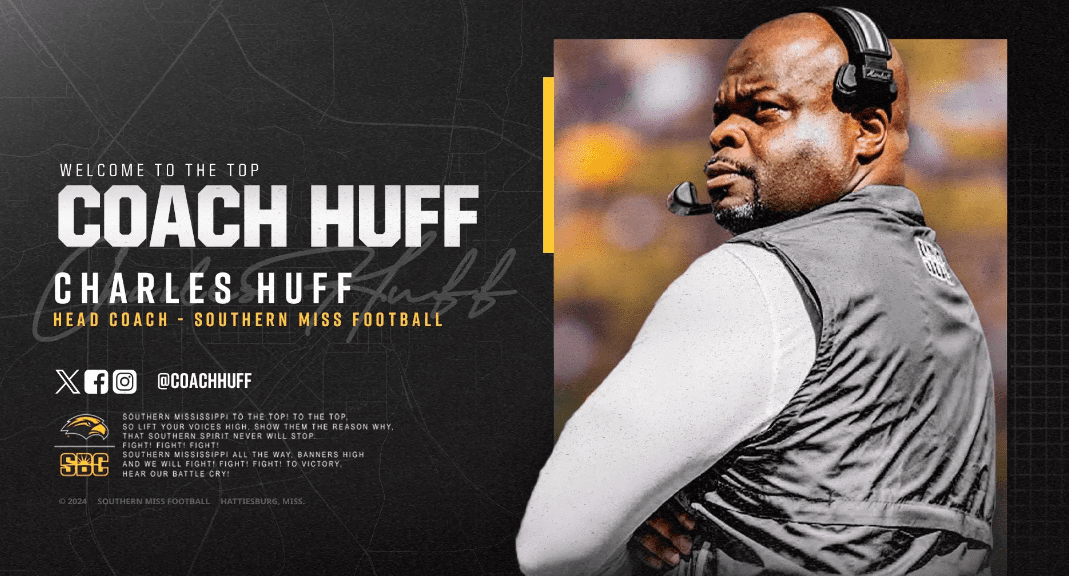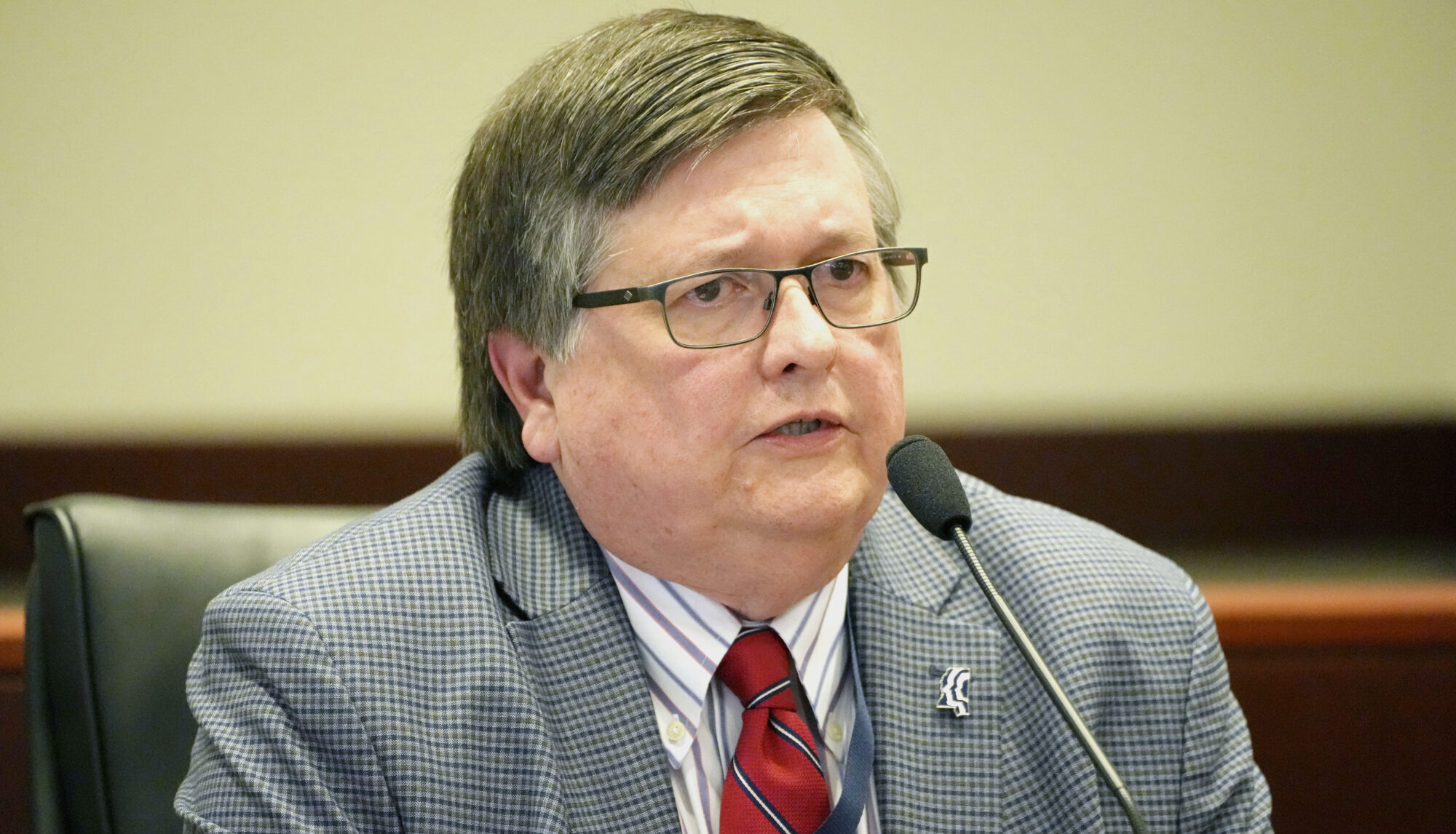1st District election microcosm of Republicans’ dilemma
And yet, the Republican hopeful in last Tuesday’s special election, Greg Davis, has been forced into a runoff on May 13 against Democrat Travis Childers. Childers actually led 49 percent to 46 percent and came within 400 votes of a first-round majority that would have sent him to Congress. Four other candidates diverted just enough votes to force the runoff.
As a mayor and former state representative from the district’s largest population county, Davis was the early favorite. He had the endorsement of Gov. Haley Barbour, Sen. Thad Cochran, Wicker and the man Wicker replaced, Trent Lott. Davis also outspent Childers by almost 2-1 and pummeled his opponent with a flood of negative ads, emphasizing the standard GOP menu of social issues and adding a vivid recital of alleged scandals in Childers’ nursing home business.
But Childers exploited resentment in 23 other counties against Davis’ reliance on his home base, in the populous suburbs south of Memphis. Beyond that, he relied on the same issues that produced a surprise Democratic win in a special election earlier this year in the Illinois district vacated by former House Speaker Dennis Hastert. High gas prices, shaky job prospects and a grinding war in Iraq have fueled a call for change.
The message to Republicans could not be plainer: In a time when the public has soured on President Bush and the GOP, the old appeals are just not enough. To have a chance, Republican candidates have to expand their reach and reframe their message.
McCain for one seems to have grasped that warning. Over the past week, as he toured the South from Selma to Little Rock, he clearly was signaling a shift from the traditional GOP way of courting Dixie voters.
In Selma, McCain praised the African Americans who, more than four decades ago, were clubbed and beaten by Alabama state troopers at the start of their anti-segregation protest march to Montgomery. He vowed, in their memory, to bring his campaign – and the publicity it attracts – to the “forgotten places” of America, and to help the families in those communities if he becomes president.
At other stops, including the Kentucky hamlet where Lyndon Johnson launched the War on Poverty and in New Orleans’ hurricane-obliterated Lower Ninth Ward, McCain condemned the performance of the Bush administration and offered his own free-market ideas for creating more jobs, improved schools and better health care.
The Democrats were quick to call his message hypocritical, noting, for example, that McCain had opposed making a national holiday of Martin Luther King Jr.’s birthday. That’s a fair fight.
But what is incontestable is the fact that McCain sees the need for Republicans to reach beyond their past comfort level and engage the many Americans who have every reason to doubt they are anywhere on the GOP agenda. To many of those struggling to survive, who are accustomed to being ignored, if not exploited, the Bush administration’s blindness to the plight of the residents of New Orleans when Hurricane Katrina hit is all too typical of the Republicans’ mind-set.
Relying on the same old right-wing messages cost the Republicans heavily in 2006 and lost them Hastert’s seat this year. Roger Wicker’s may be the next “safe” Republican bastion sacrificed by that blindness. John McCain does not want to find himself on the same list.
David Broder
Special to Clarion Ledger
4/29/8






